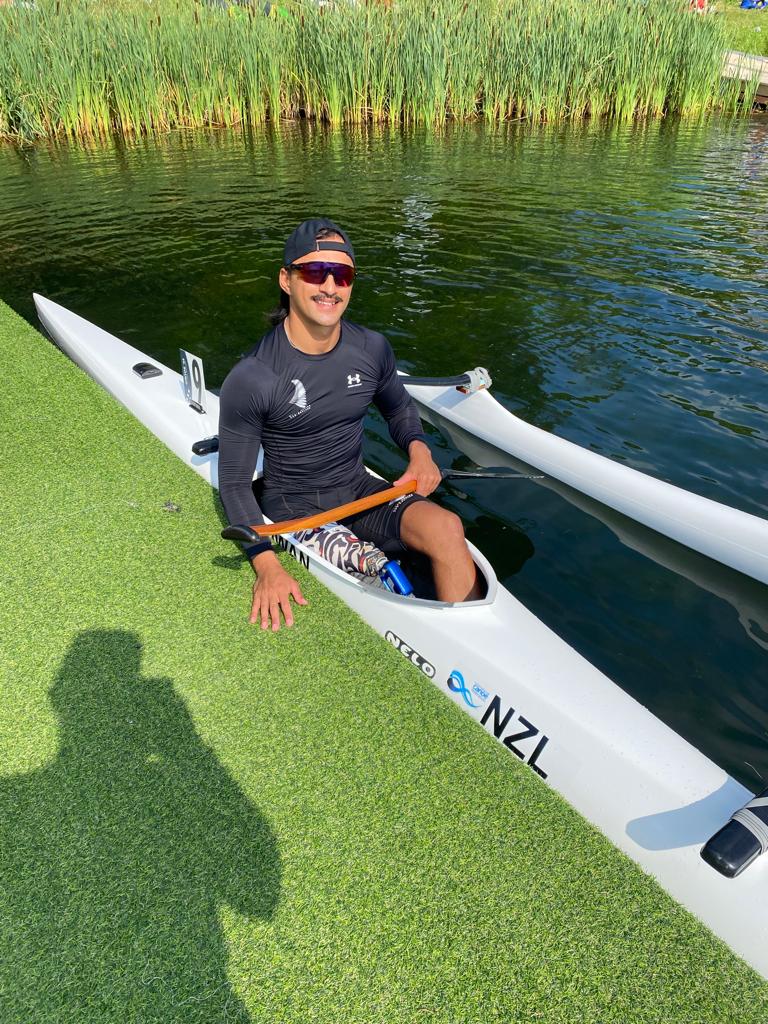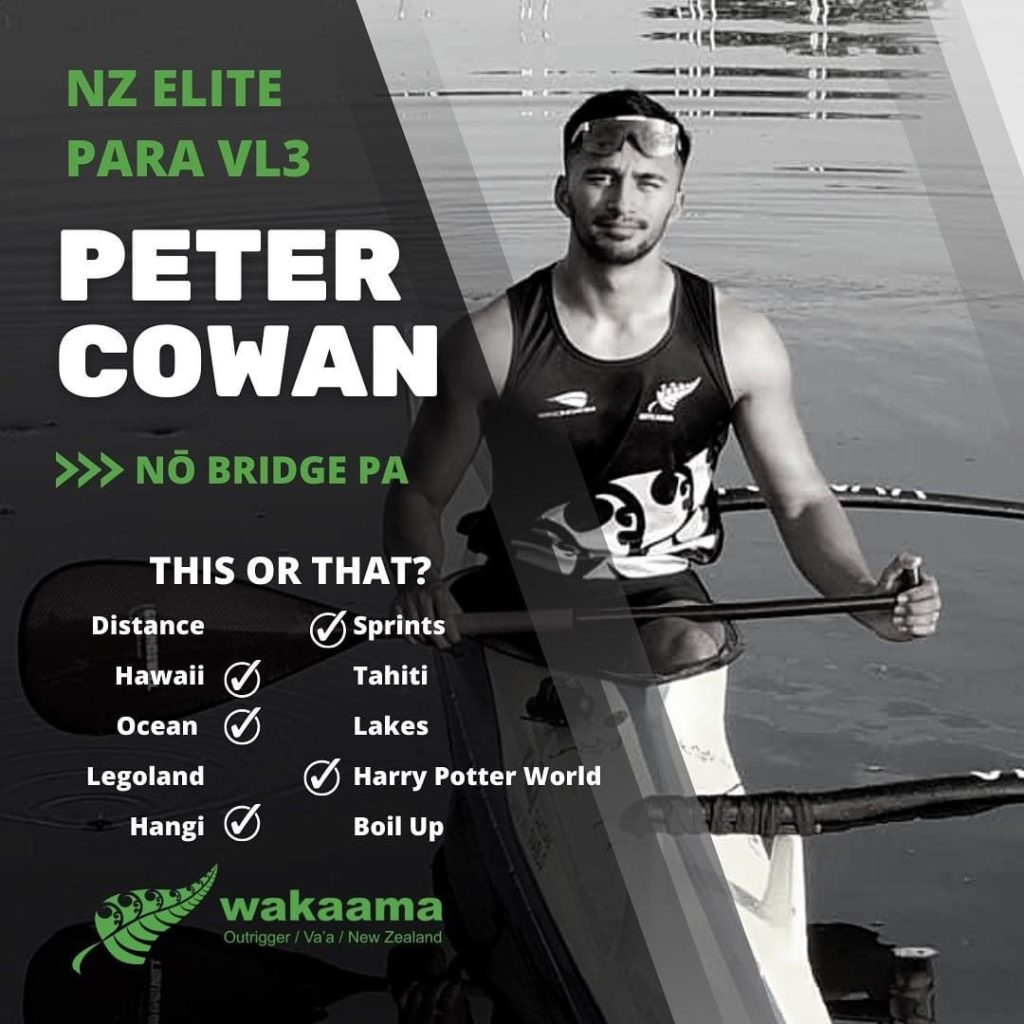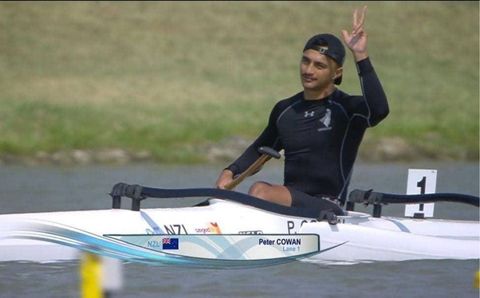
05 Oct Peter Cowan’s journey to the ICF Canoe Sprint World Championship
Waka Ama champ, Pete Cowan (Ngati Poporo, Ngati Kahungunu), shares his haerenga to the ICF Canoe Sprint World Championships, reflecting on his grounding in te ao Māori.
Tēnā tātou katoa, ko Peter Cowan tōku ingoa. This piece is a reflection of my journey to the International Canoe Federation (ICF) Canoe Sprint World Championships held in Canada 2022, where I competed in the men’s VL3 200m waka ama sprint. The ICF Canoe Sprint World Championships were scheduled to take place in Dartmouth, Nova Scotia in Canada with attendance of over 1,000 elite athletes from 70 countries. This whenua is also known as Mi’kma’ki, homeland to the indigenous people of the Mi’kmaq nation.
My journey into the international waka ama scene began in 2012, at the age of 17. I was wanting to get back into sports, find a positive team environment, and a space to heal and figure out who I was after losing my leg in a bike versus car accident in 2010.
A typical training week would consist of early morning, midday and evening training sessions, dropping off and picking up my two tamariki from kohanga. All the while my wife was at mahi from 9am – 5pm on weekdays. Weekends consisted of morning training sessions and time with whanau. We were always on the go!
The lead up to race week was filled with excitement. It was time to leave behind the winter and embrace the Canadian summer. I had endured some hard fought preparation, navigating through the impacts of covid-19, flu season and a change in occupation. Team Aotearoa turned up with great energy and team spirit which served us well as we prepared for our individual and team boat races. My mindset going into race week was to trust in our preparation, the hard mahi that had been done. It was time to enjoy the experience.
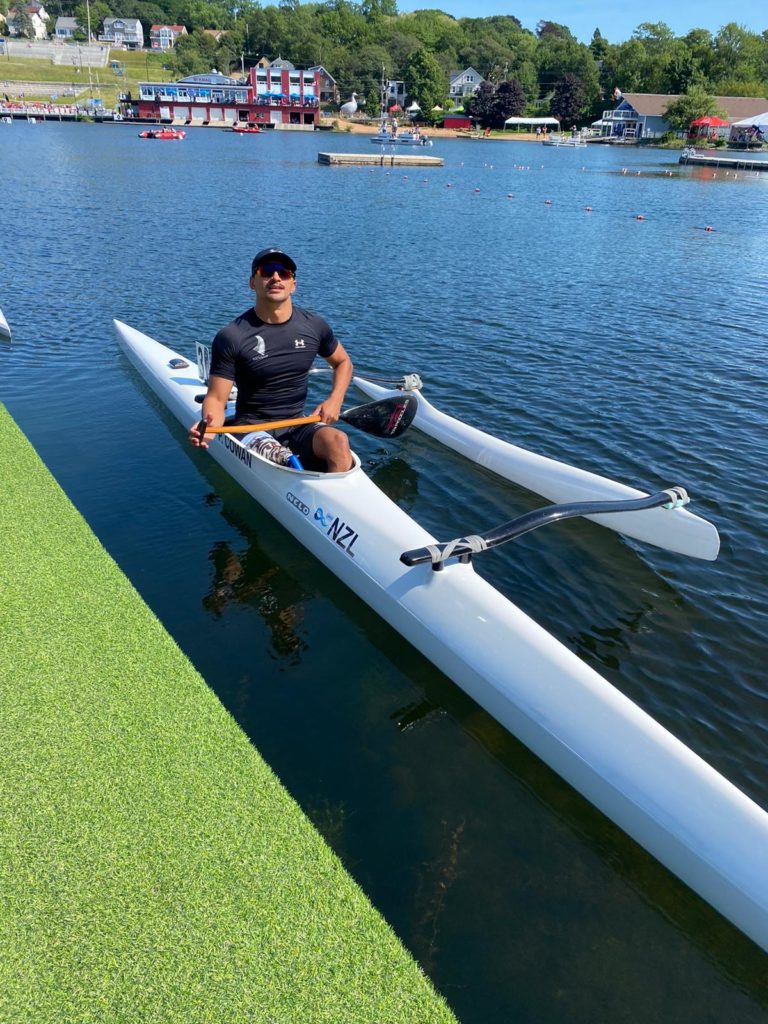

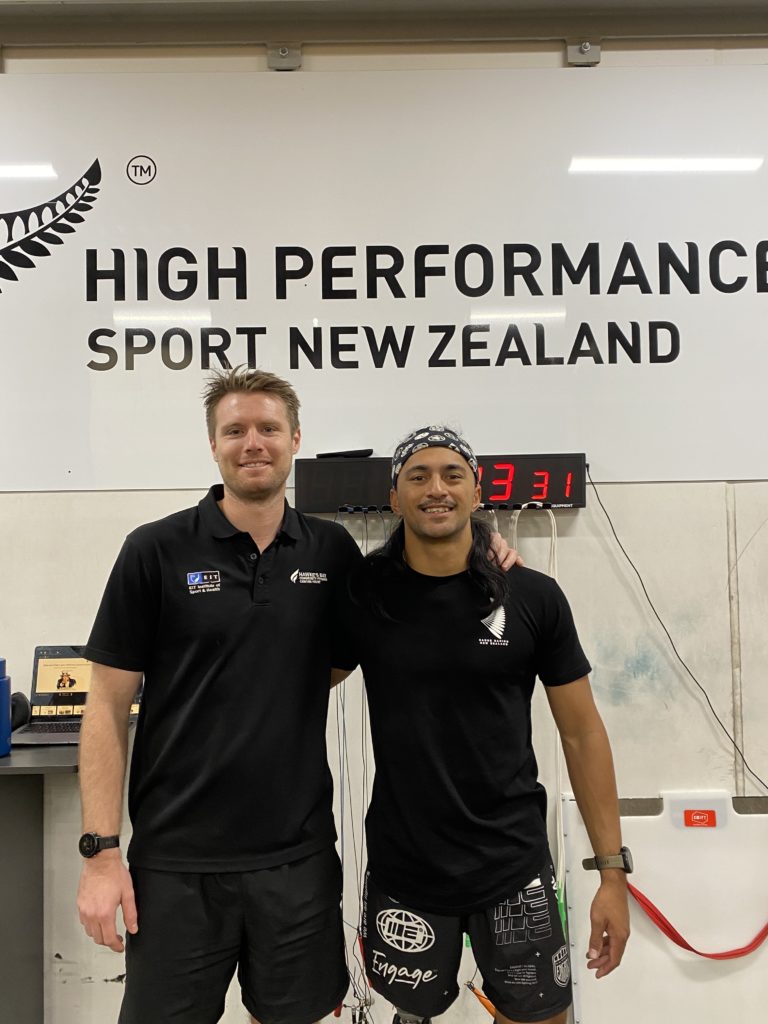
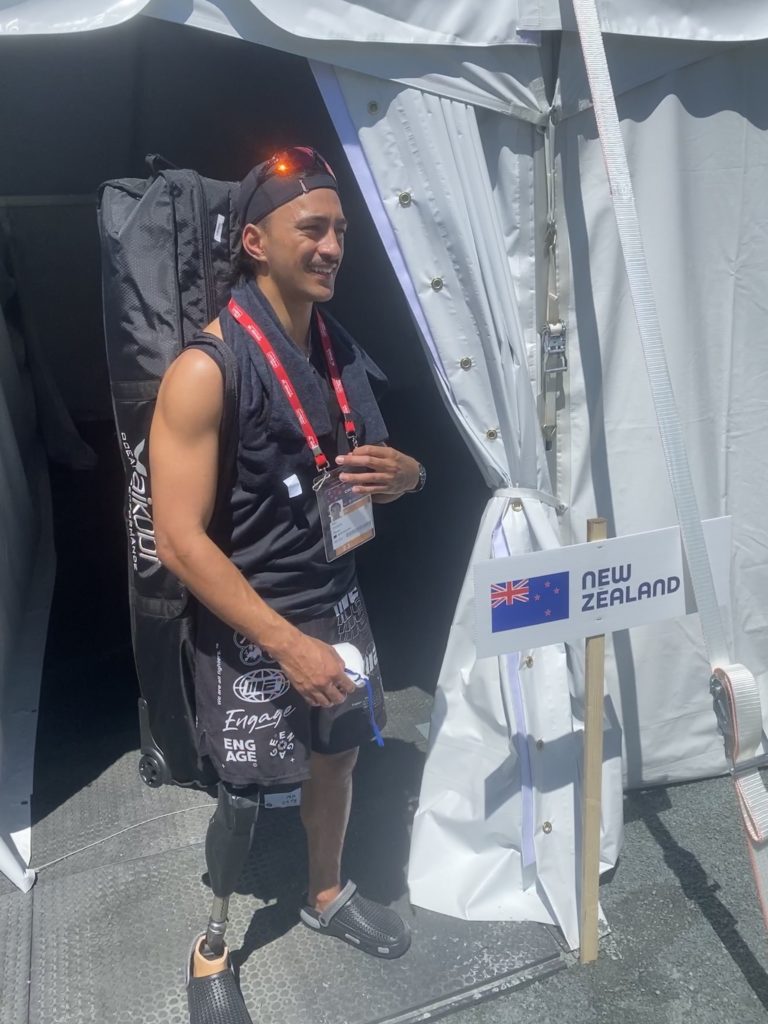
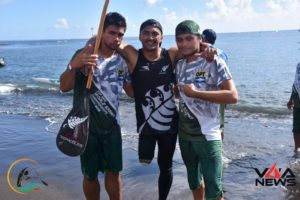
I had a sense of peace, excitement, nerves and calm in the moments of preparation leading into race day. I realised that it was natural for my body to gear up for battle. This was an opportunity to represent my whanau, iwi, hapū and country. It was a great privilege that I would not take for granted. I felt the strength of my team and the efforts of the mahi put into our campaign. I had no doubts in my mind that I had done all I could to perform. I could only stick to our race plan and race smart.
After messaging the whanau and team back home, I drew myself into the present with a bit of music, focussing on my breathing. Day one of racing was set to take place early morning around 1am NZ time. The weather conditions were challenged with cross and headwinds. We battled hard and came away with a 4th place in the heats which put us through to the semi final. We claimed 3rd in the semi and advanced to the final, Pool A. This was my first ever waka ama final. On day two, finals day, I rested with the intention of sticking to the same race plan with a bit more kaha to secure a high placing. I raced as well as I could and came away with 8th place in the world and a heart full of gratitude for our journey.
This year marks 10 years of being a paddler and has provided me with valuable knowledge, training, experiences and incidentally my best results thus far. Some of the most recent knowledge I have gained and applied in my waka ama journey has been taken from my time in the Growing the Puna space as an intern at Toi Tangata last summer. The kaupapa we researched together was the Atua Matua Framework.
The learnings I have taken away from this kaupapa have helped me acknowledge and learn about how significant te taiao is when I prepare to engage with it – before, during and after a session – in my regular commutes to the awa and moana every day. One of my goals moving forward is to continue to apply Māori frameworks including Atua Matua and Te Whare Tapa Wha in my campaign planning as they add great value and insight to my waka ama journey.
Mauri ora, Pete
